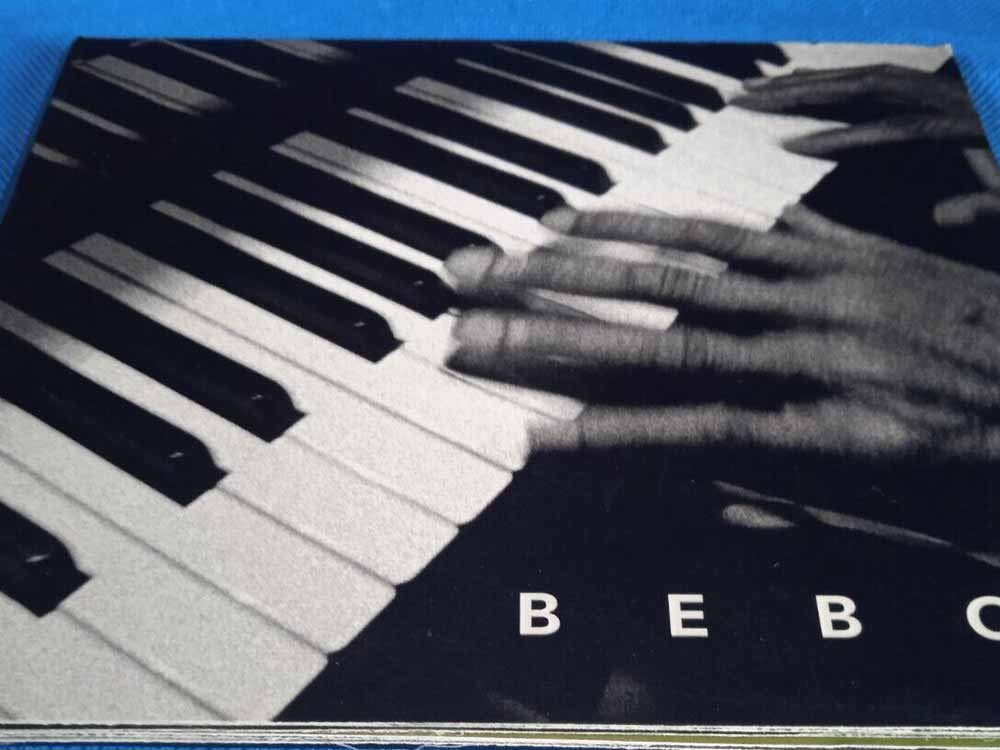Introduction to Bebo
Bebo, founded by Michael Birch and his wife Xochi Birch in 2005, emerged as one of the leading social networking platforms of the mid-2000s. The name “Bebo” is an acronym for “Blog Early, Blog Often,” reflecting its focus on user-generated content and frequent updates. Based in San Francisco, California, Bebo quickly gained traction among teenagers and young adults, offering a vibrant online community where users could connect, share content, and interact with friends.
Features and Functionality
Bebo provided users with a range of features that facilitated social interaction and self-expression. One of its key features was user profiles, where individuals could customize their personal pages with photos, videos, blogs, and other content. The platform also offered tools for messaging, allowing users to communicate privately with friends through instant messages and private messages. Additionally, Bebo introduced the concept of “Luv,” a virtual currency that users could send to each other as a form of appreciation or endorsement.
Popularity and User Base
By 2006, Bebo had amassed a significant user base, particularly among teenagers and young adults in the United States, United Kingdom, and other English-speaking countries. The platform’s intuitive interface, engaging features, and emphasis on self-expression resonated with users seeking to connect with friends and express their identities online. Bebo’s popularity surged as word-of-mouth spread among teenagers, who embraced the platform as a central hub for socializing, sharing media, and discovering new connections.
Impact on Social Networking
Bebo played a pivotal role in shaping the landscape of social networking during the mid-2000s, contributing to the proliferation of online communities and the rise of user-generated content. Its emphasis on personalization and self-expression influenced subsequent social media platforms, inspiring features such as customizable profiles, multimedia sharing, and private messaging. Bebo also introduced innovative concepts such as the “Luv” currency, which paved the way for the gamification of social interactions on digital platforms.
Acquisition and Decline
In 2008, Bebo was acquired by AOL for $850 million, marking a significant milestone for the platform and its founders. However, Bebo struggled to maintain its relevance in the face of intensifying competition from emerging social media giants such as Facebook and Twitter. Despite efforts to innovate and adapt, Bebo faced declining user engagement and dwindling market share in the following years. In 2010, AOL sold Bebo to Criterion Capital Partners for a fraction of its initial acquisition price, signaling the end of an era for the once-prominent social networking platform.
In summary, Bebo in 2006 represented a pioneering force in the world of social networking, offering users a dynamic and immersive online experience. With its innovative features, vibrant community, and widespread popularity among teenagers and young adults, Bebo left an indelible mark on the evolution of digital communication and social interaction during the mid-2000s. Despite its eventual decline, Bebo’s legacy continues to influence the development of social media platforms and the way people connect and share online today.











